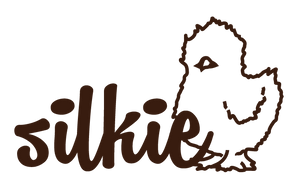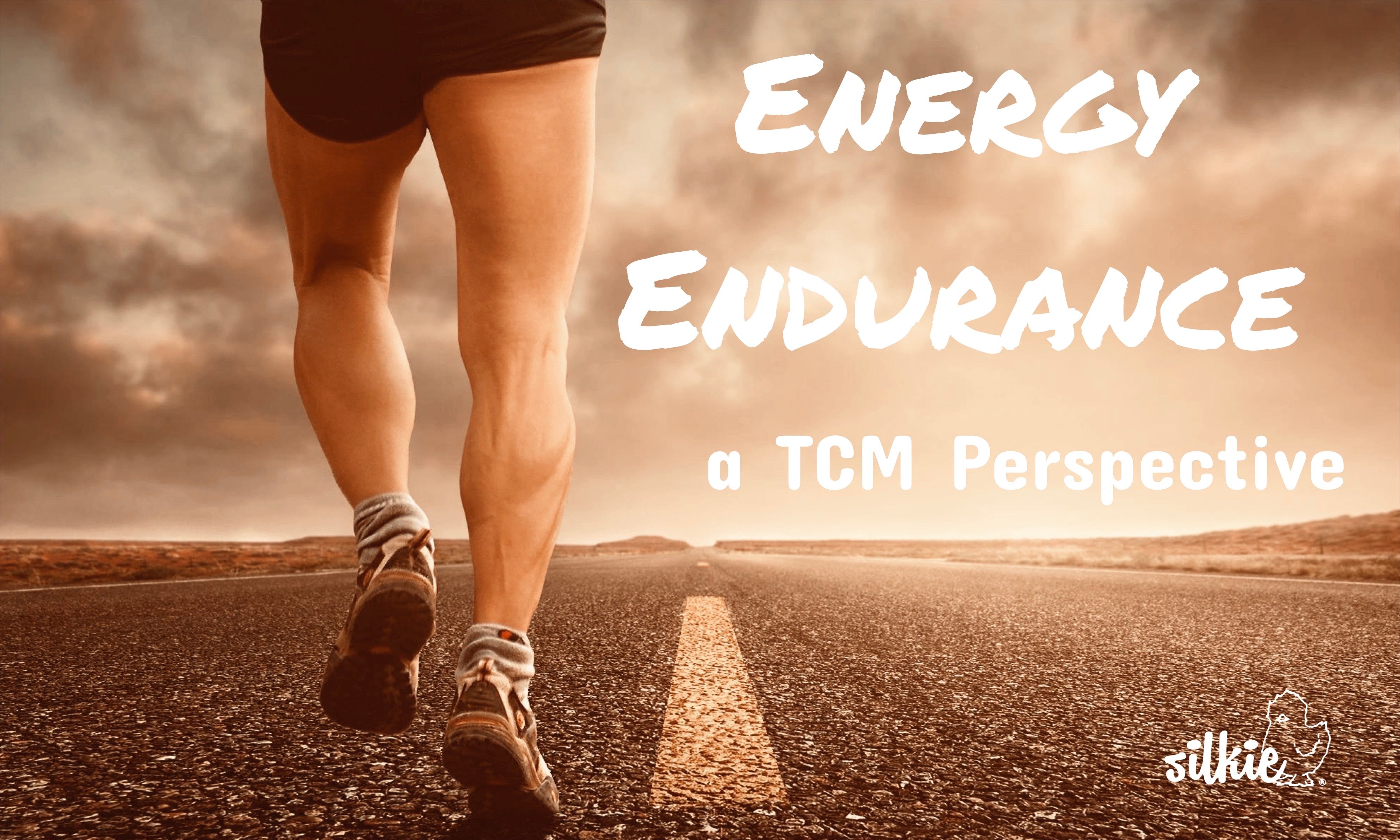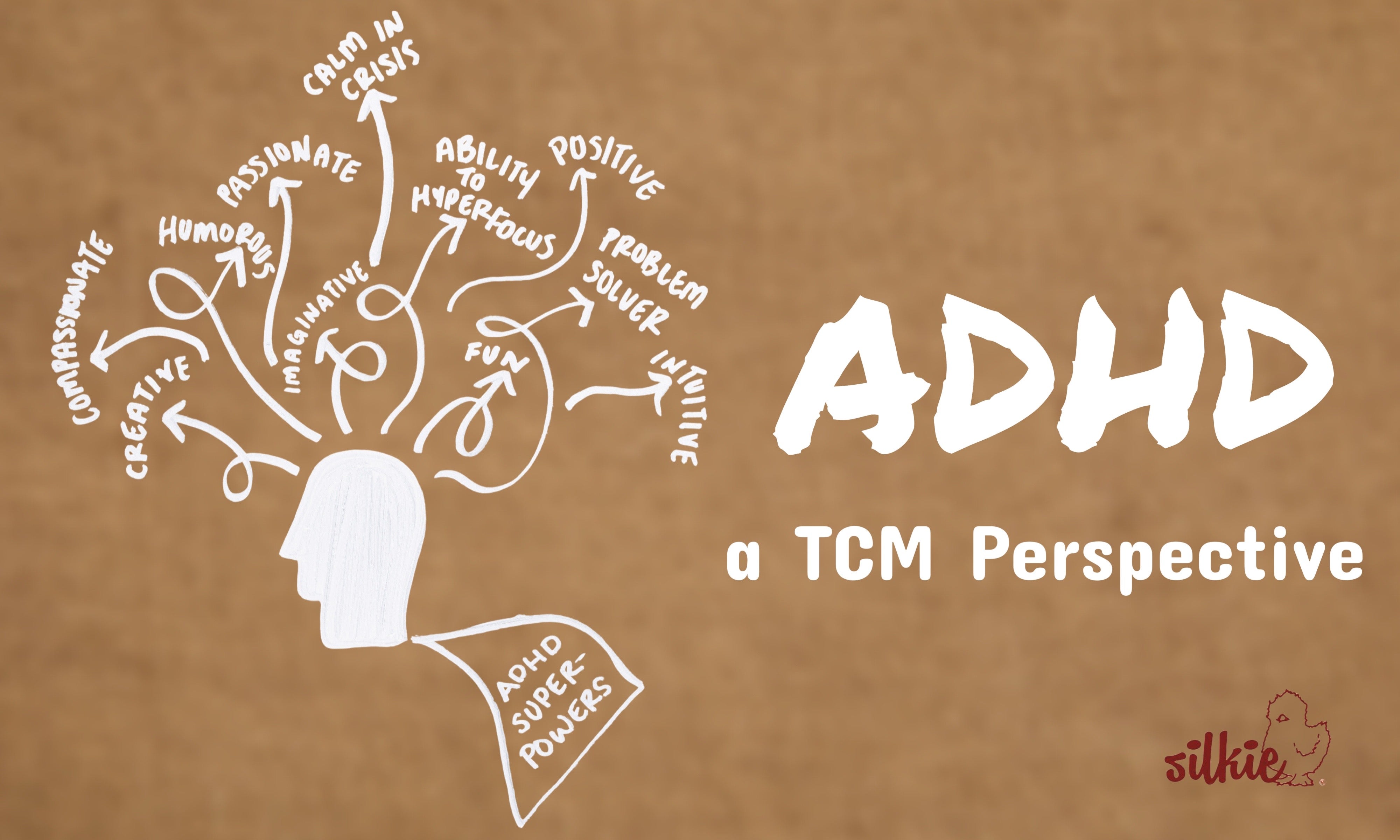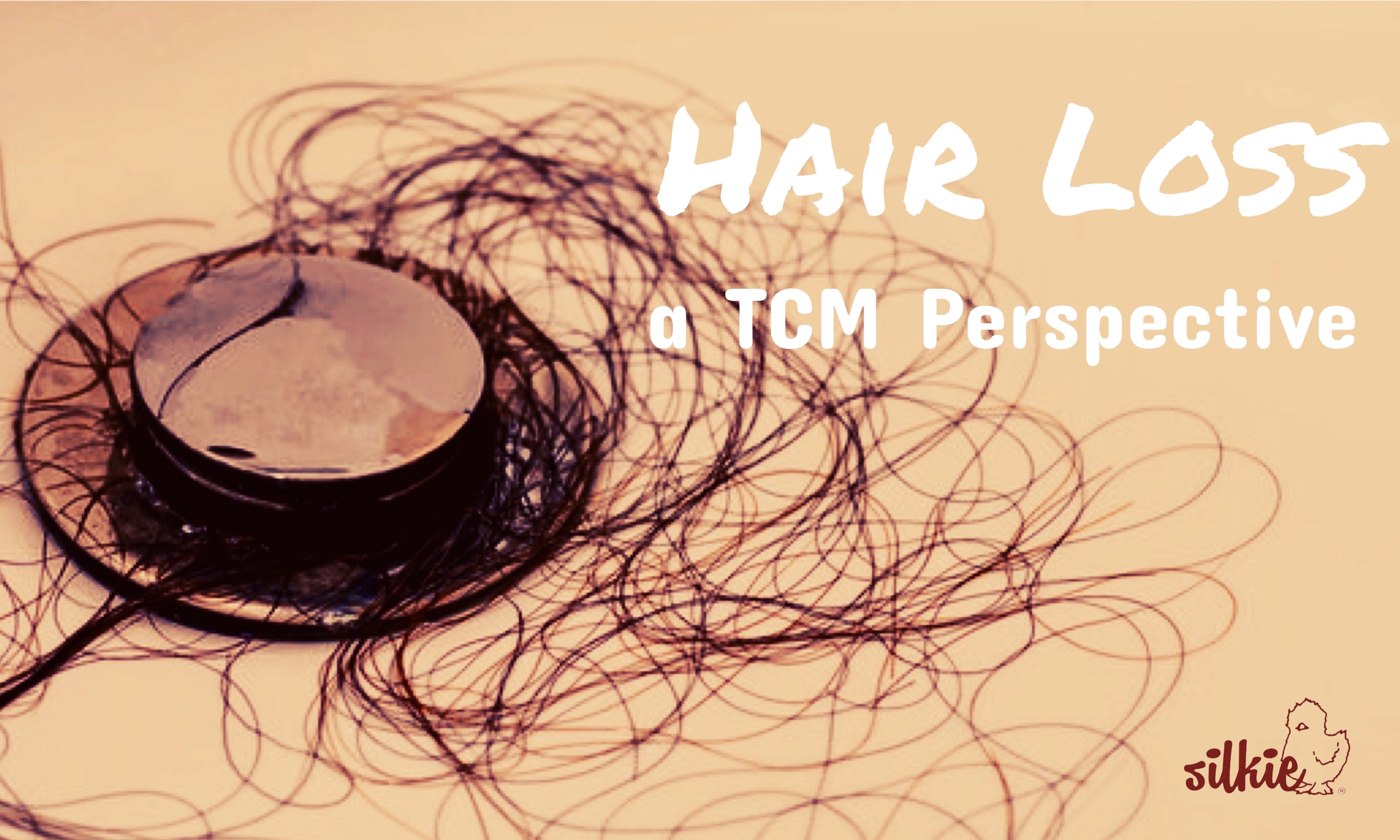Depression - extreme exhaustion of Body, Mind and Spirit
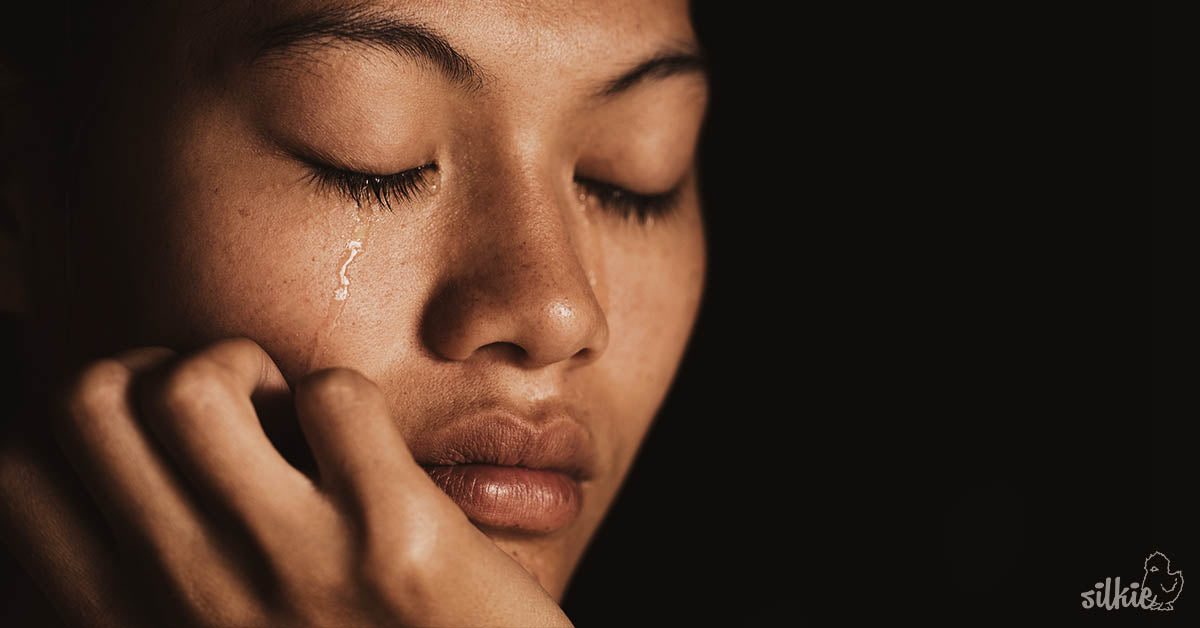
By Dr. Patricia Nguyen
Unlike physical illnesses, mental disorders are not openly discussed. Mental illness tends to be a hushed personal battle because of social stigma. Although depression is one of the most common mental disorders and is treatable, only 1/3 of suffering patients seek help. Depression is an illness shrouded in silence and shame. Therefore, friends and family who have only experienced a temporary bout of sadness often misunderstand depression. They try to be supportive and urge with good intentions, “Cheer up,” or “Snap out of it.” Those words, however, actually can be harmful by making dispirited individuals feel inadequate and subsequently more depressed. They desperately want to feel cheerful but are incapable of extricating themselves from the darkness binding them. They cannot “snap out of it” because depression is extreme exhaustion of body, mind, and spirit. Chinese medicine views and treats depression on all three levels. By explaining the pathology of depression as an affliction of the body, mind, and spirit, I hope to shed some light on the illness; to spark the open dialogues needed to dissipate the cloud of shame regarding the disorder; and to encourage those who suffer to seek treatment.
Depression is an illness of the body because movement is affected. The body expresses itself through movement which is controlled by the muscles. Facial expression is the most obvious example. Dancing is whole body expression and requires the most amount of energy to execute complex moves with grace and ease. Ordinary movement like walking also reveals messages from the body. Consider the difference between limping, shuffling, and strolling. All motions whether complex or simple are performed by muscles which need an adequate flow of Blood and Qi (energy / oxygen) to do the work of physical movement. With depression, there simply is not enough Blood and Qi flow to move with ease. For example, depressed individuals can easily become stuck in inertia. They may lie excessively in bed or sit alone and stare at a wall for long periods. They can experience withdrawal. Going to work becomes a struggle. Getting up and out to interact with the world becomes strenuously demanding. These symptoms reflect a state of physical exhaustion due to diminished Blood and Qi flow.
Depression is an illness of the mind because thought is affected. The mind expresses itself through thoughts which are processed by the brain. Memorizing, comprehending, analyzing, applying, synthesizing, and evaluating represent different levels of mental activity. Just like the muscles of the body, the brain also requires a vast supply of Blood and Qi to function properly. For example, one gets hungry after studying intensely for an examination. Food is needed to replenish strength and vitality because a purposefully active brain consumes a great deal of energy.
When the brain is malnourished, it cannot function properly. Depressed individuals often have cognitive difficulties. Their brain may be looping with constant or repetitive thoughts. They can have trouble concentrating or forget what they did or said just five minutes previously. A foggy mind and an inability to decide are also common symptoms associated with depression. At some point, the mind can become crowded with thoughts of suicide. All these symptoms reflect mental exhaustion. Those who suffer depression are so mentally fatigued, they cannot think clearly because the available supply of Blood and Qi cannot meet the brain’s demand.
Depression is an illness of the spirit because emotion is affected. Spirit in Chinese medicine is the light, vitality, and consciousness within every living being. The spirit expresses itself through feelings which are regulated by the organs. For example, love and joy are regulated by the heart. The phrase, “What makes your heart sing?” reflects this connection of an emotion to an organ. Another idiom, “gut feeling” connects the intestines with instinctive feeling. The intestines have the function of separating the clear from the turbid; nutrition from waste on a physical level and clarity from confusion on a spiritual level. With depression the most dominant feeling is perpetual sadness. No pleasure can be found in previously enjoyed activities. Sadness and grief are regulated by the lungs. Sobbing induces irregular breathing like a heaving of the lungs. Therefore, the organs have to be strong to fully express and release intense emotions. Emotions are also indirectly regulated through counterbalance of the organs. The sadness of the lungs is counterbalanced by the joy of the heart.
When the organs fail to regulate emotions, feelings linger and simmer internally or burst outward inappropriately. Either way, emotional constraint develops, binds the individual, and causes a sense of separation or a lack of belonging. A depressed person feels lonely and isolated even when surrounded by caring friends and family. Other feelings associated with depression include guilt, worthlessness, hopelessness, anger, frustration, and irritation. The range of these emotions indicate an imbalance of multiple organs. The lengthy duration and intensity of these unwholesome feelings reflect exhaustion of the spirit because there is insufficiency of Blood and Qi to keep the organs vital and in balance with each other.
Depression is a relentless state of extreme exhaustion. Left untreated, the perpetual dis-ease of the body, mind, and spirit continues to spiral downward. Therefore, individuals who suffer depression or any illness at all, deserve compassion and social support, not social stigma. They also need medical treatment because depression is not a self-resolving illness.
To treat depression, Chinese medical practitioners thoroughly assess the patient’s collective presenting symptoms and inquire about lifestyle and events previous to the onset of the illness. The information gathered provides clues to the cause or trigger of depression. Knowing the cause helps to guide both treatment and the appropriate steps needed to prevent recurrence. For example, with postpartum depression, the trigger is labor. Labor is an arduous endeavor in which a profuse amount of Blood and Qi is lost. For treatment of postpartum depression, Blood and Qi must be strongly supplemented with herbal formulas. Additionally, proper circulation of the reproductive area, especially of the uterus, must be reestablished.
To prevent recurrence, herbal medicine is prescribed during the next pregnancy to support adequate production of Blood and Qi for the purpose of fortifying both mother and baby. After delivery, a different herbal formula is prescribed to help the mother recover from the massive loss of Blood and Qi during labor. Additionally, postpartum women are advised to eat an appropriate diet for their constitution, to rest as much as possible, and to take it easy for at least one month. Only gentle exercises like walking, yoga, or tai chi should be undertaken. Special care must be taken post-delivery to prevent recurrence and ensure good health.
Chinese herbs, acupuncture, and Qi cultivation exercises like Tai Chi effectively treat depression because these modalities restore physiological function by rebalancing the organs, supplementing the generation of Blood and Qi, and rectifying their flow in the body. Proper flow of Blood and Qi has to be reestablished because after a state of depletion, physiological blockages such as heat and mucus (inflammation) arise. Imagine a rushing river that has become low on water. Litter, branches, and debris that would have been flushed out to sea are now deposited at the bottom of the riverbed or along the banks. Those accumulations are obstructions along the path of the river. Similarly, when Blood and Qi are depleted, abnormal accumulations block normal physiology, so they must be removed.
In Chinese medicine, all pathology is due to a disorder in the flow of Blood and Qi. Without Blood, there is no nourishment. Without Qi, there is no function. A depressed individual lacks sufficient Blood and Qi to properly power the body, mind, and spirit. Author Maria Leonard Olsen describes vividly her ordeal with clinical depression: “It was like being in a hole and not being able to extricate myself from the murky molasses-like muck holding me down. It feels otherworldly. My viewpoint was all out of whack, which is not surprising in retrospect, given that depression is a chemical imbalance in the brain.” She goes through an intensely frustrating and lengthy process of trying five different antidepressant medications. One antidepressant causes her to become zombie-like. Another medication has the opposite effect and makes her manic. She is persistent and eventually finds a helpful antidepressant with “tolerable side effects.” Antidepressants do not work for all patients because depression is not always caused by a chemical imbalance in the brain.
Although complex, depression is treatable. Patients have life-saving options through Chinese medicine, Western medicine, or both combined. Depression affects individuals differently, and Chinese medicine is more flexible than Western drugs in tailoring treatment to the individual. Herbalists stay in continued contact with patients to adjust dosages and change formulas as treatment progresses. Because of the tailored treatment and weekly adjustments, patients rarely experience any adverse reactions. Moreover, Chinese medicine is used to reduce the side effects of antidepressants and to improve their efficacy. Antidepressant drugs alone can make a considerably positive difference, but there is a plethora of side effects, some of which can be just as taxing as depression. In addition to medicine, talk therapy is important for recovery. Having an impartial professional to listen deeply and perhaps reframe feelings and life circumstances can help liberate one from the grips of depression. Help is available. If you suffer from depression, may you find the strength and courage to seek professional help immediately.
How does an online consultation with a Herbalist work?
Find a range of online Consultation and Herbs packages
For more information on Chinese Herbs click here
For more information on antidepressant drugs go to https://www.nimh.nih.gov
For more information on talk therapy go to https://www.apa.org
Read Mariya K.'s review of silkie on Yelp